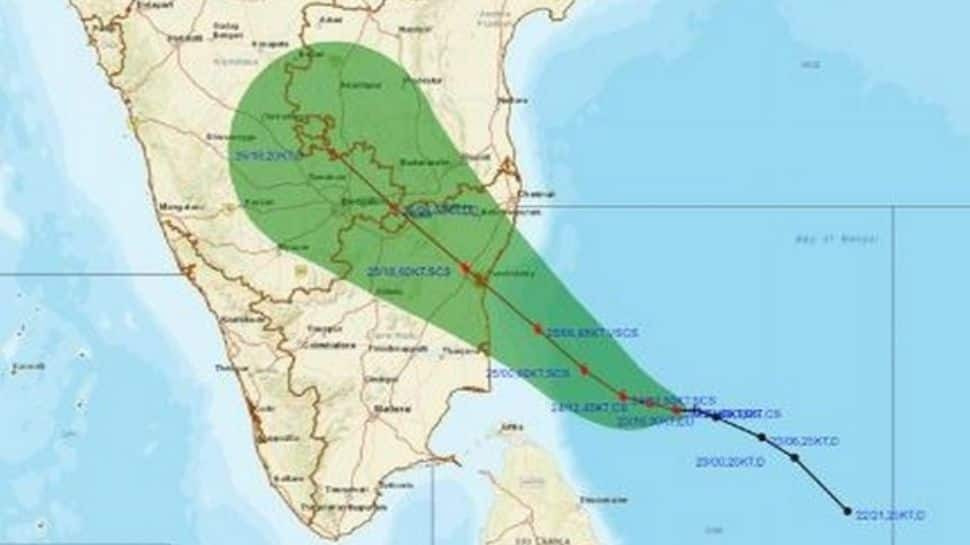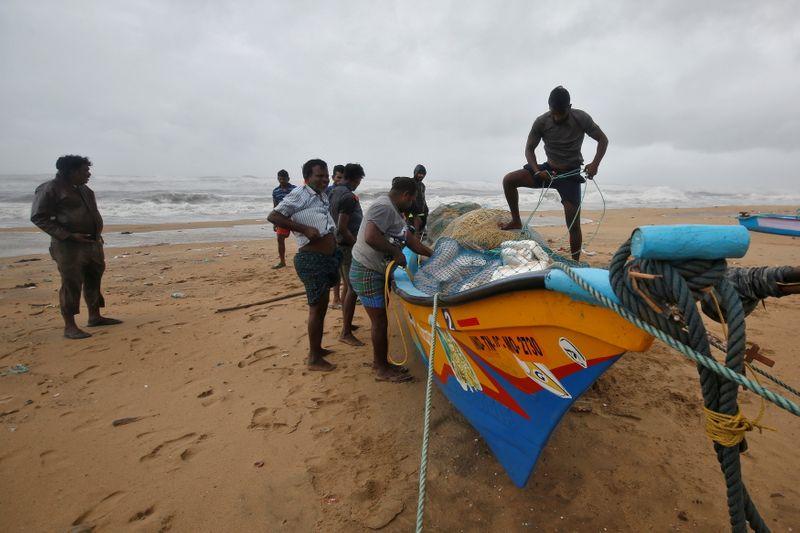Cyclone Fengal Warning: Ultimate Guide to Tamil Nadu’s Red Alert Amid Intense Rains

Breaking News:
इंडियन प्रीमियर लीग (IPL) 2025: भारत-पाकिस्तान तनाव के चलते टूर्नामेंट अनिश्चितकाल के लिए स्थगित
बलूचिस्तान में बड़ा उथल-पुथल: बलूच विद्रोहियों ने क्वेटा पर कब्जा किया, पाकिस्तानी सेना को बाहर किया
पाकिस्तान में सेना प्रमुख Asim Munir की गिरफ्तारी: भारत-पाक तनाव के बीच बड़ा राजनीतिक भूचाल
ऑपरेशन सिंदूर: भारत की निर्णायक प्रतिक्रिया और पाकिस्तान के साथ बढ़ते तनाव
Kathmandu Nepal
Monday, Jul 7, 2025

Cyclone Fengal is a powerful weather system currently raging over the Bay of Bengal and has made its presence felt across Tamil Nadu and Puducherry. With torrential rainfall, powerful winds, and the risk of severe flooding, the Indian Meteorological Department (IMD) and local authorities have issued stern warnings and launched comprehensive relief operations. Here’s all the information about the cyclone’s trajectory and efforts to minimize its impact.
Cyclone Fengal originated as a deep depression over the Bay of Bengal and quickly intensified into a cyclonic storm.
IMD predicts heavy rainfall, strong storm surges, and potential flooding in coastal and low-lying areas as the cyclone approaches.
Fishermen have been advised against venturing into the sea. All fishing vessels have been brought back to the shore to avoid dangerous sea conditions.

The Navy has activated a comprehensive disaster response strategy focused on humanitarian assistance, search and rescue operations, and disaster relief.
Cyclone Fengal follows Cyclone Dana, which impacted Odisha in October 2024. This recurrence of cyclones underlines the importance of improving disaster preparedness and climate resilience in the region.
Coastal residents are bracing for the storm, with many taking shelter in relief camps. Volunteers and NGOs work alongside government agencies to provide food, water, and medical aid.
The increasing frequency of cyclones in the Bay of Bengal underscores the need for urgent climate adaptation strategies. Investments in robust infrastructure and enhanced warning systems are critical for safeguarding coastal communities.
Conclusion: Staying Safe Amid Cyclone Fengal
Cyclone Fengal was a sheer reminder of nature’s strength and the need always to be prepared. The storm, therefore, hit Tamil Nadu and Puducherry with robust disaster management strategies in place and public cooperation. People were asked to stay indoors and follow every advisory issued by the official authorities for safety during that time.
Visit the official Website of IMD: https://mausam.imd.gov.in
Read more: RCB Team